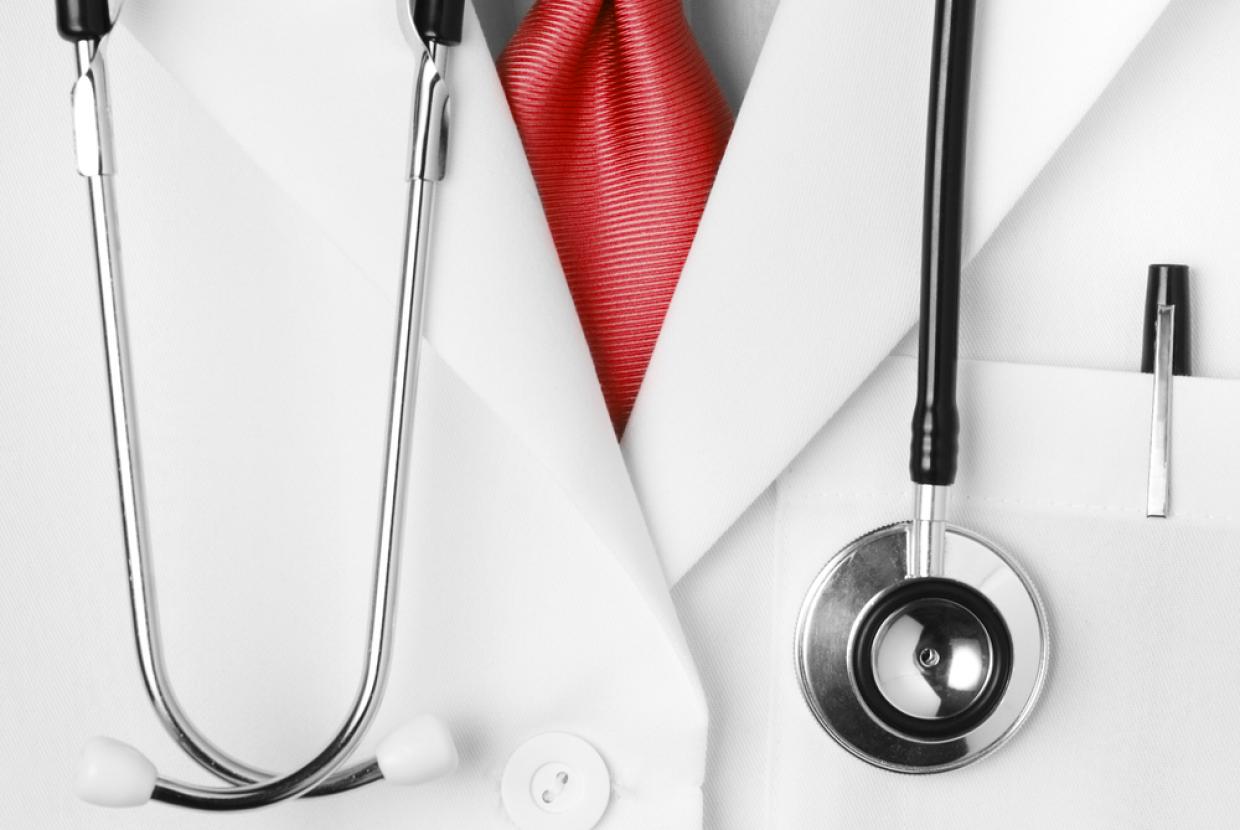Lung Cancer Awareness Month - What is lung cancer?
CancerCancer that starts in the lung is called primary lung cancer. The lungs are the parts of the body that we use to breathe. Lung cancer is the third most common cancer in the UK. About 49,200 people are diagnosed with it each year.
What increases my risk of lung cancer?Smoking
Smoking tobacco is the cause of most lung cancers and the biggest risk factor. This includes smoking cigarettes, cigars and pipes. In the UK, 72% of lung cancer cases are caused by smoking.
Passive Smoking
Breathing in other people’s cigarette smoke is called passive smoking or second-hand smoking. It can slightly increase the risk of lung cancer. The risk is much lower than if you smoke yourself. In the UK, smoking is now banned in enclosed public places and workplaces.
Air pollution
Research has shown that air pollution can increase the risk of lung cancer. The risk is linked to air quality and how much pollution a person is exposed to. For most people, the risk is very small.
Family Risk
People with a parent who had lung cancer have an increased risk of developing it. People who have a brother or sister with lung cancer have a higher risk, especially if they were diagnosed at a younger age.
Doctors do not know why this is. It could be caused by a lung cancer gene that runs in the family (inherited). Or it could be caused by shared risk factors such as smoking.
If you are worried about lung cancer in your family, you may find it helpful to talk to your GP.
Check for a complete list of risk factors
Common Symptoms of Lung Cancer
The most common symptoms of lung cancer can include:
- a cough for 3 weeks or more
- a change in a cough you have had for a long time
- a chest infection that does not get better, or repeated chest infections
- feeling breathless and wheezy for no reason
- coughing up blood.
Other possible symptoms are:
- loss of appetite
- losing weight for no obvious reason
- feeling tired.
We understand that showing any symptoms of what could be cancer is worrying. The most important thing is to speak to your GP as soon as possible. We're also here if you need someone to talk to. You can:
- Call the Macmillan Support Line on 0808 808 00 00.


















































































































